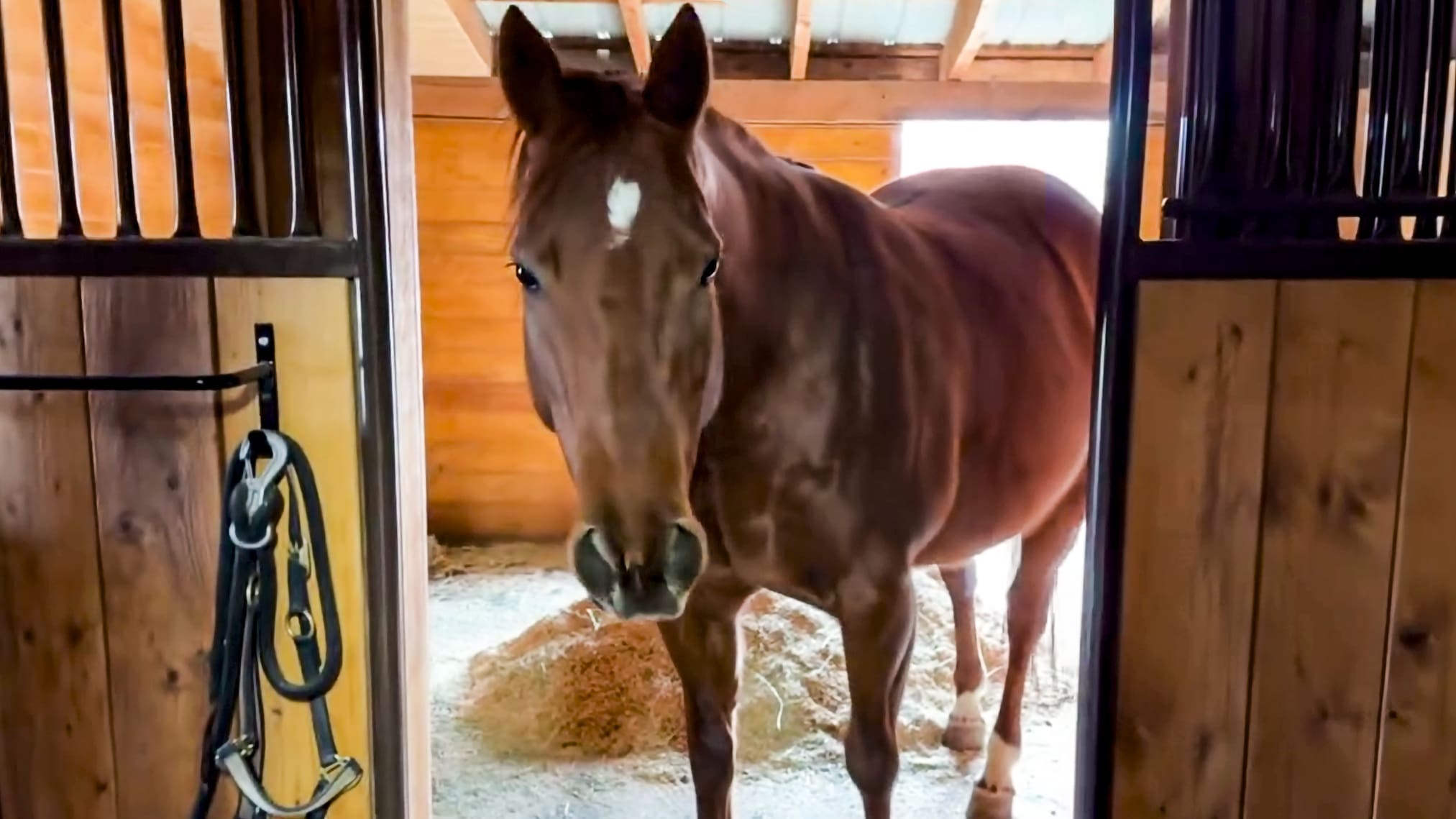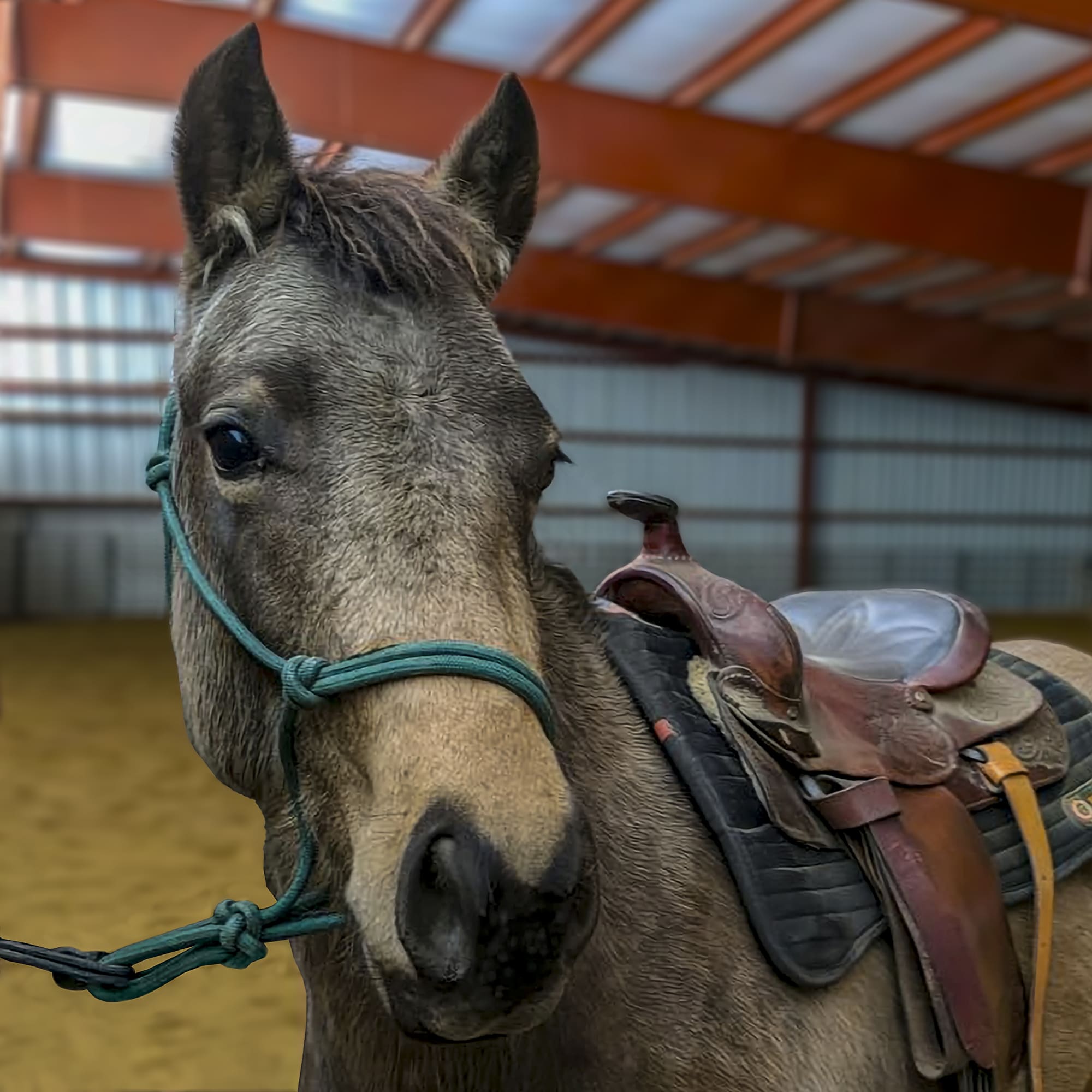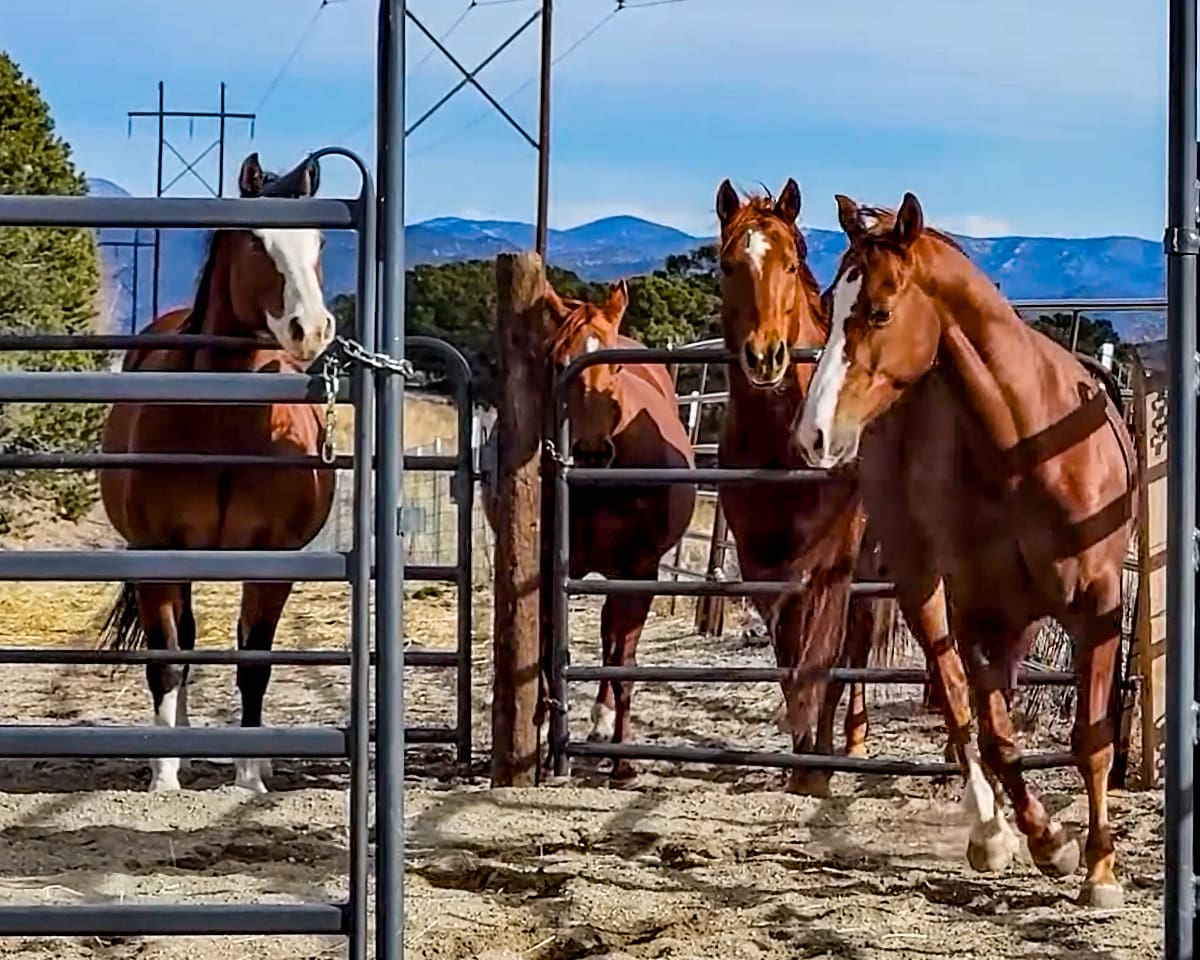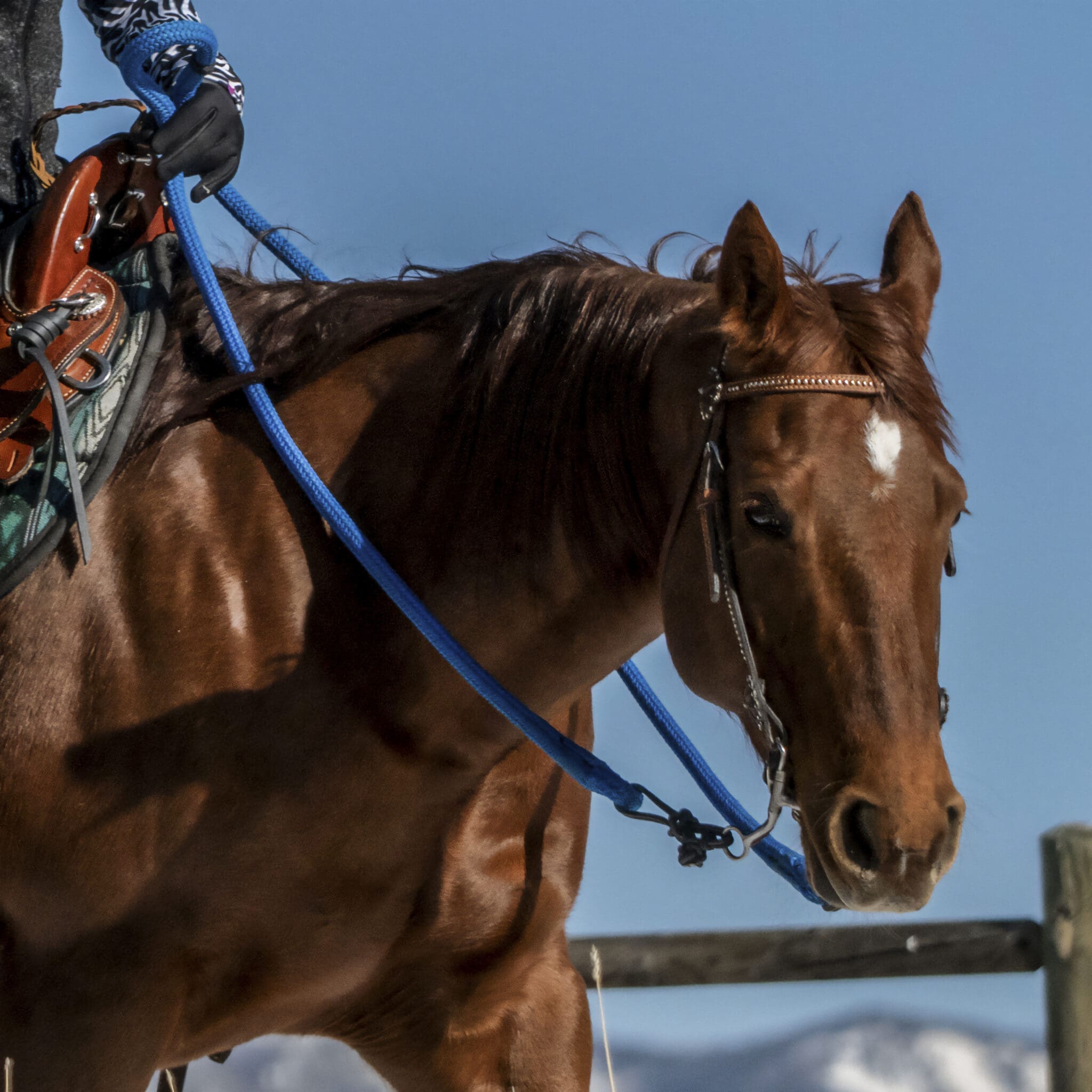Question: Dear Julie,
I was at the Ohio Equine Affaire and was able to sit in on one of your talks. It was the one on ‘herd dynamics.’ Very, very useful information!
I have a three year old john mule, imprinted at birth and basically a very nice, well bred mule. Do you work with many mules? Are their characters more difficult than a horse?
I want to get him started under saddle (western style riding), soon. Unfortunately, he has to have a hernia repair before I start riding him; I hope to get started by May or June. I do have a trainer that will start him for me, he too has mules…..I am just trying to get as much information as I can so that I do NOT make mistakes that can’t be “fixed” at a later date.
I am up for any information that you might be able to help with.
Thank you for your time!
Sincerely,
Colleen
Answer: Colleen,
Too bad I didn’t have more time in my presentations on horse behavior to get into a discussion on mules. While the training and the eventual outcome is about the same for a horse and a saddle mule, there are some very clear differences in how they behave. Mules are not horses.
Horses, as everyone knows, are flight animals—it is their strongest instinctive set of behaviors and defines them as a species. Donkeys, on the other hand, are not flight animals at all. And in the case of a cross between a horse mare and a donkey, mules tend to most often take their behavior from the donkey side when it comes to flightiness. This has a bearing on some of the training techniques you would use—for instance, chasing a mule around the round pen endlessly will get you nowhere.
Often mules are cussed as being “stubborn,” when in fact, this is simply a matter of their natural behavior. They are more likely than horses to stop and think, or even turn and fight, when faced with a problem. This is one reason why you’ll see mules and donkeys chase after dogs more aggressively than horses and why they are sometimes placed in a herd to protect the herd from feral dogs, coyotes and the like.
The thinking side of their nature makes them better problem solvers than horses and also makes them less appreciative of repetition in their training. Once I get a mule to give me the correct response, I’ll generally move onto the next thing. If I ask it repeatedly, he’ll eventually refuse and look at me like I am an idiot—and then I’ve taught him to refuse me.
Unlike a horse, you cannot compel a mule to do something that may cause him harm. He’s smarter than that. A horse, will jump off a cliff if you ask him to and if he is accustomed to obeying your commands; a mule thinks for himself and has a higher sense of self-preservation. And if you ask him to do something stupid, you risk training him to be defiant and disobedient.
In fact, mules think so well that they often out-think their human handlers. They are very good at training people, which is one reason they don’t always have the best reputation. Mules learn dirty tricks easily, like dragging you around and running through their shoulders (when you ask them to turn right and they go left instead) and they can learn to avoid work and make you do their bidding. But like horses, mules have different temperaments—some are easy and compliant; some are tricky and shifty.
I’ve trained and ridden quite a few mules in my day and since all I knew was horse training, I pretty much used the same procedures and cues for mules as I did for horses. But I learned with mules to avoid repetition and keep the work sessions purposeful. Because mules may learn a little faster than some horses, you must be very careful that bad habits do not develop in his ground manners and over-all obedience. Getting help from a trainer that knows mules will certainly help and giving him a good foundation of training, combined with good handling will put you on your way to having a great saddle mule.
Mules are often considered superior to horses when it comes to trail riding—there’s nothing better for riding in the steep mountains. They are more sure-footed, tend to be smoother gaited and because of the aforementioned self-preservation and less flight response, some consider them safer than horses. Although mules compete in pretty much every discipline of riding and driving that there is, they usually don’t have quite the athletic ability of a well-built horse.
Have fun with your mule!
Julie Goodnight
Copyright ©Julie Goodnight 2000. All Rights Reserved. No part of this website may be reproduced without owner’s express consent.




1 Comment
Nice article on mules. I always liked the adage “A horse will forgive and forget, a mule might forgive but they never forget, and donkeys, they never forgive and never forget.”
Basically, try hard to get it right the first time.